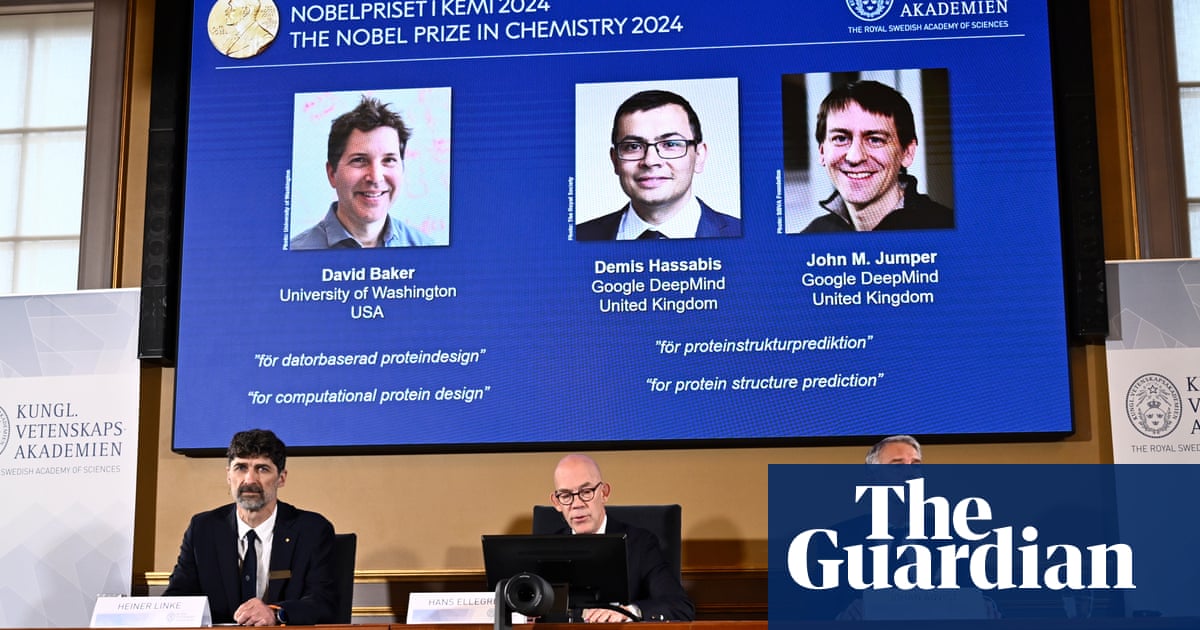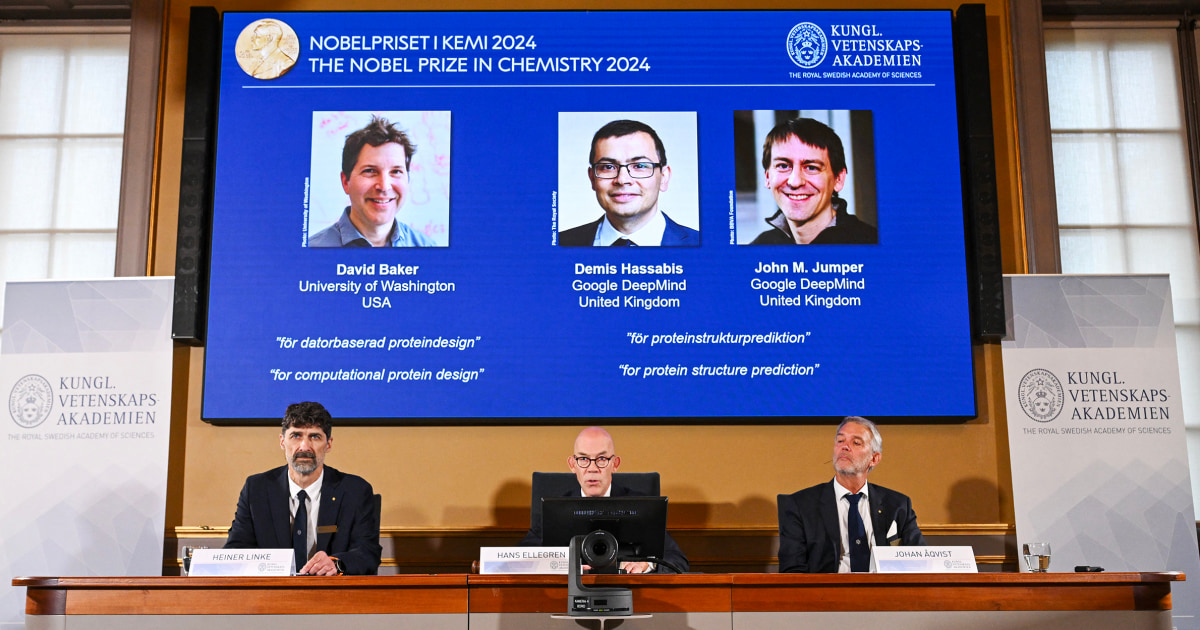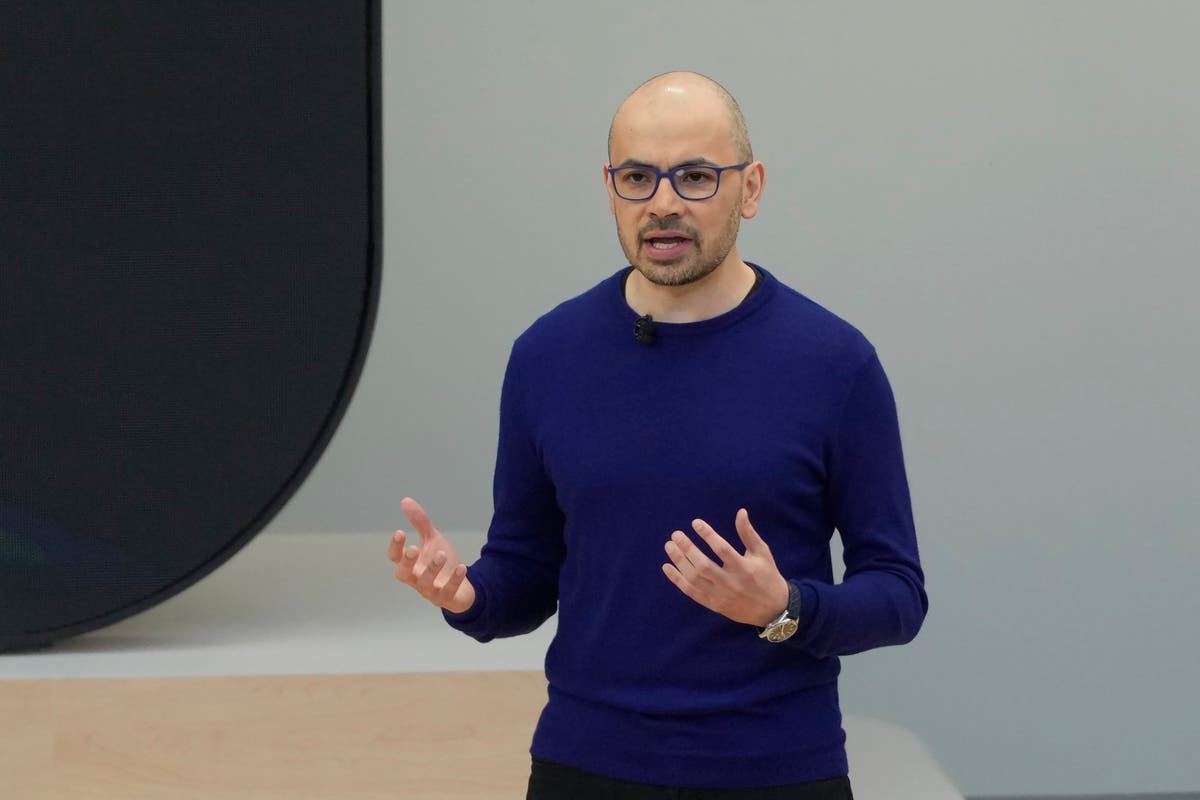AI Pioneers Win Nobel Prize for Protein Breakthroughs

The Facts
After the Nobel Prize in Physics went to two artificial intelligence (AI) researchers this week, the 2024 Nobel Prize in Chemistry has been split between David Baker, Demis Hassabis, and John Jumper for their work on protein structures and design.
Hassabis and Jumper — from Google DeepMind — shared the roughly $1M prize for developing AlphaFold, an AI model that can predict the structure of virtually all 200M known proteins, solving a 50-year-old problem in mere hours.
The Spin
Narrative A
While some may be skeptical of what appears to be computer scientists and biologists winning a Nobel Prize in chemistry, such category mixing has occurred before. This year's wave of AI-related Nobel winners is also a testament to the broad scope of machine learning, a technology capable of solving human health problems at the microscopic level.
Narrative B
Besides the fact that AI is blurring the lines of what constitues a Nobel Prize worthy invention, its growing use in medicine is what's really startling. As smaller companies and lesser-known researchers get left behind, AI is helping Big Pharma get more rich and powerful. Science should be about the best and brightest, not about profits or shiny new toys.






/cdn.vox-cdn.com/uploads/chorus_asset/file/25666266/2176876715.jpg)






